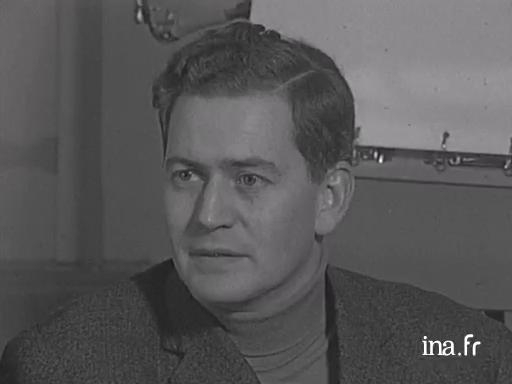István Szabó regarding the film Father

Information
Conversation with Hungarian film-maker István Szabó whose film Father is presented at the week of Hungarian cinema in Mans. He discusses his films, Hungarian cinema and his preferences in French cinema: Vigo, Renoir and Truffaut.
Context
When he was 31 years old, István Szabó (born in 1938) had only made 3 short films and two feature-length films, the first one, Álmodozások Kora (1964), having won awards in Moscow and Locarno. However, his brief filmography didn't prevent Hungarian critics from awarding his end-of-studies short filmKoncert (1961), which earned him a spot at the Béla Balasz cinema studio. With the short film Toi, which won an award at Cannes, both press and festivals imposed him as a significant figure of the New Hungarian cinema.
At the time that he was admitted to Budapest's University of Arts of Theatre and Cinema, on the same year as the Hungarian revolution against the Stalinist government, Szabó was affected both by the new European waves (the French François Truffaut and especially Alain Resnais) and by his rejection of the cult of personality.
Father tells the story of a boy who obsessively idealises his father, who was a doctor until his death in 1945. The plot was autobiographical (Szabó lost his surgeon father when he was a child, during that same period of time), but as critic Jean-Louis Bory affirms, "The father was Stalin, of course, with a capital F."




